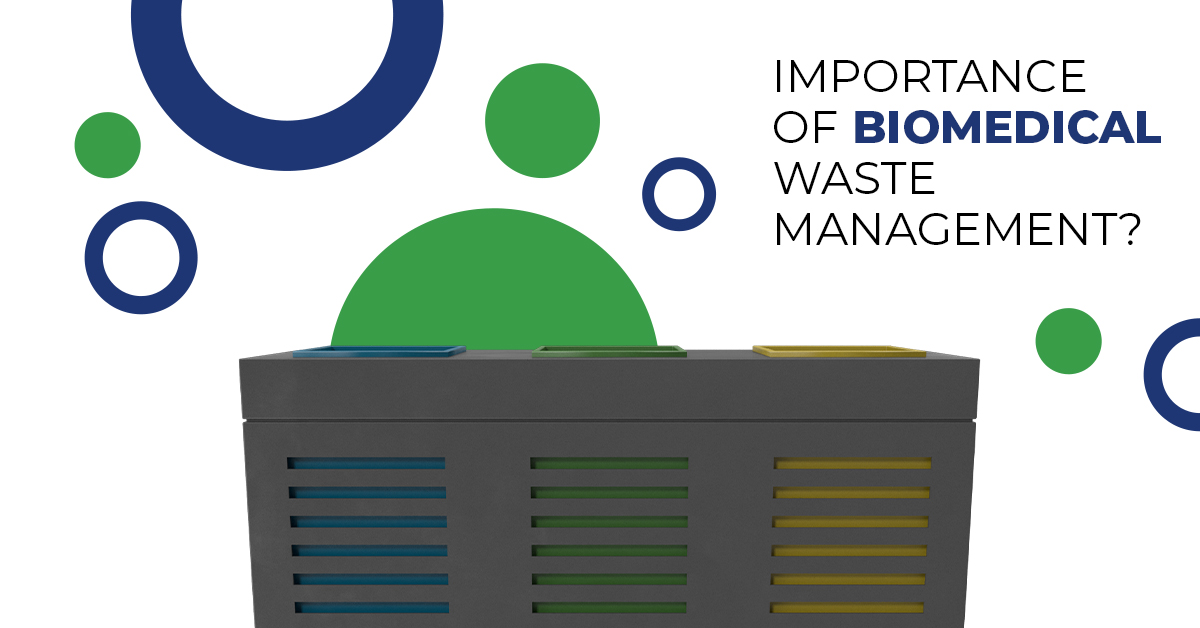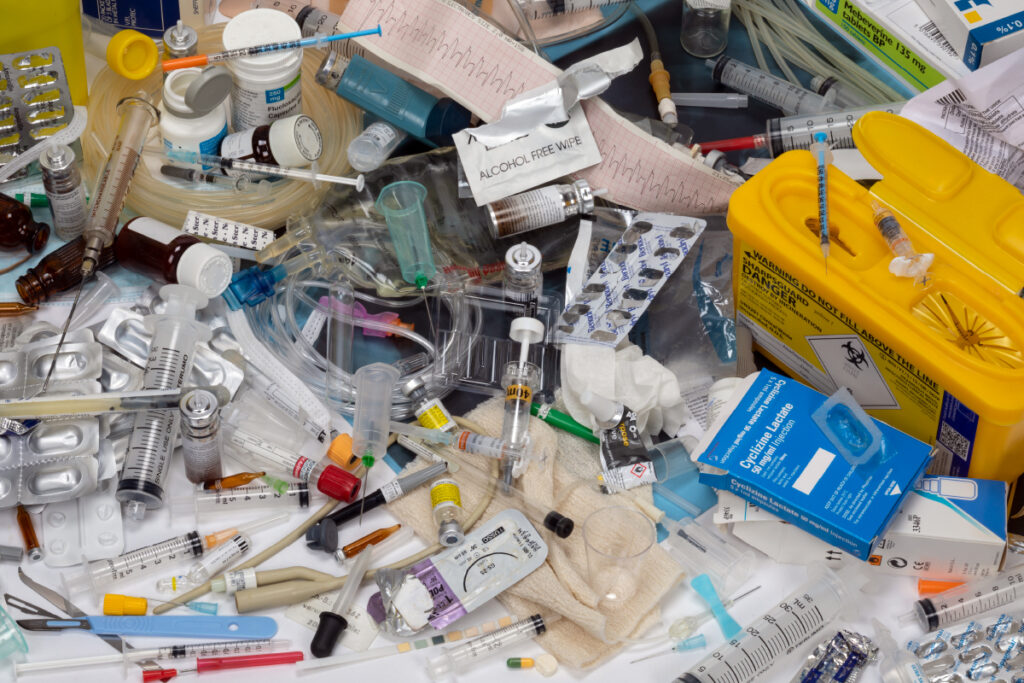
Importance of biomedical waste management?
Is it possible for waste that you touch to be hazardous or radioactive? There are several ways in which biomedical waste can harm you. “Bio-medical waste” is defined as anything that is generated during the diagnosis, treatment, or immunization of a human or an animal. Handling and disposal of hazardous wastes can be classified according to their risk of causing injury and/or infection. In order to protect the public, the health care workers, as well as the environment, it is imperative that waste generated in health care facilities is handled properly. To help you understand the importance of biomedical waste management, here is a short guide.
Why is waste segregation important?
In order to implement a sustainable waste management strategy, waste segregation is essential. It is imperative that all facilities separate waste at the source to reduce the risk of infection, as well as the cost of handling and disposing of it.
In order for segregation to be effective, hazardous waste must be handled safely and sustainably without causing any risks to healthcare workers or patients. Separate, properly labeled, and color-coded biomedical bins should be available at each point of waste generation. Contaminated waste can interfere with the disposal process when it is sent for disposal or treatment. Incorrectly disposed of biomedical waste can cause contamination.
How to dispose of biomedical waste?
Biomedical waste has highly harmful effects on the environment and on human health. Animals can get their hands on bacteria-contaminated materials, which could spread to humans. In the event that medical waste has been illegally disposed of in a landfill, deadly microbes could enter the water supply and spread disease throughout the town.

AUTOCLAVING
MICROWAVE IRRADIATION
INCINERATION
GET FREE QUOTE
Please fill out the form, and one of our sales executives will contact you back.

How to dispose of biomedical waste?
Effective segregation of
- Ensure each waste item is collected and treated in accordance with regulations for each type of waste.
- Offers opportunities for recycling
- Avoid illegal reuse of pharmaceuticals
- Ensure the safety of healthcare workers, patients, and visitors
- Prevent waste mixture in the general municipal waste stream
